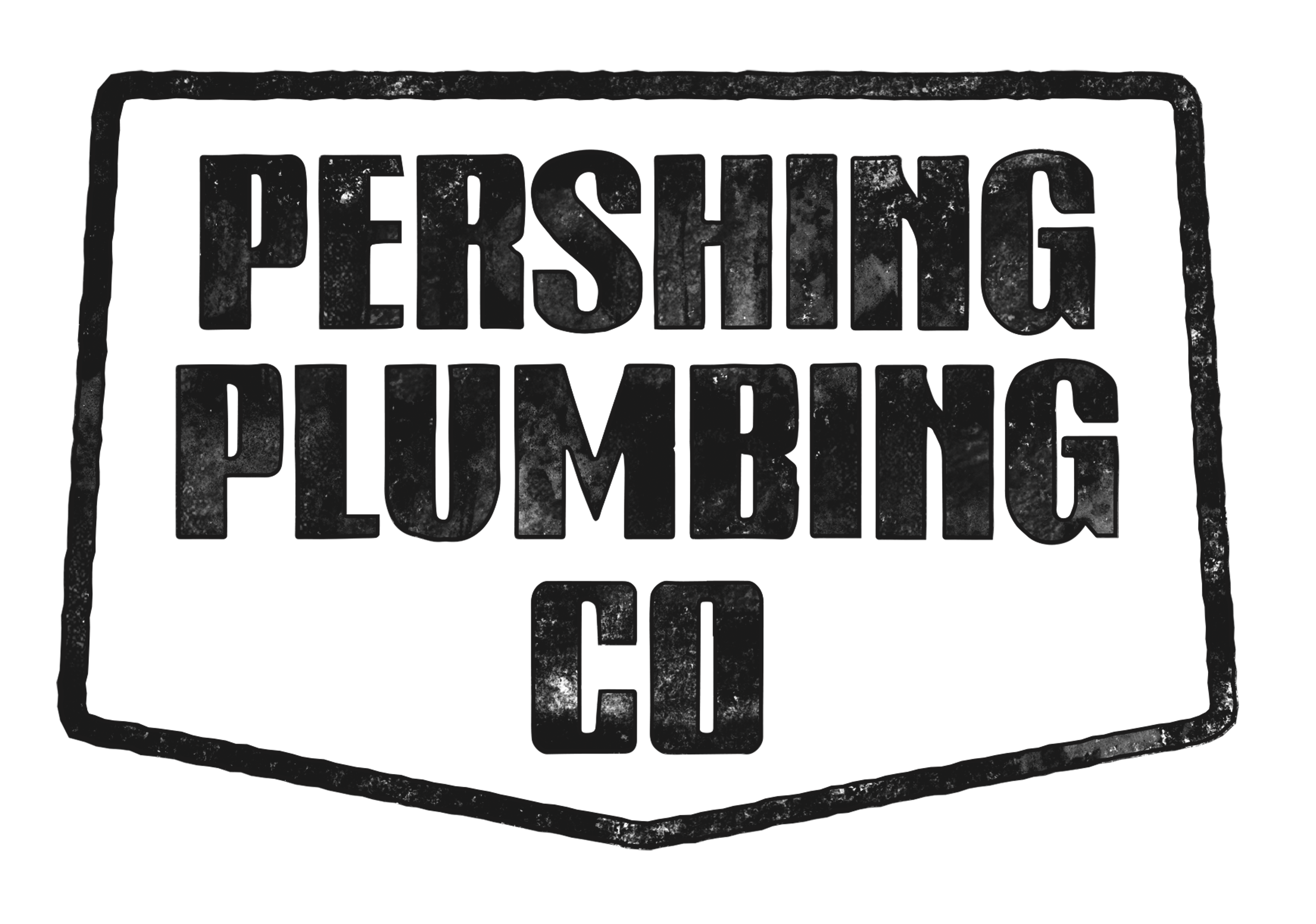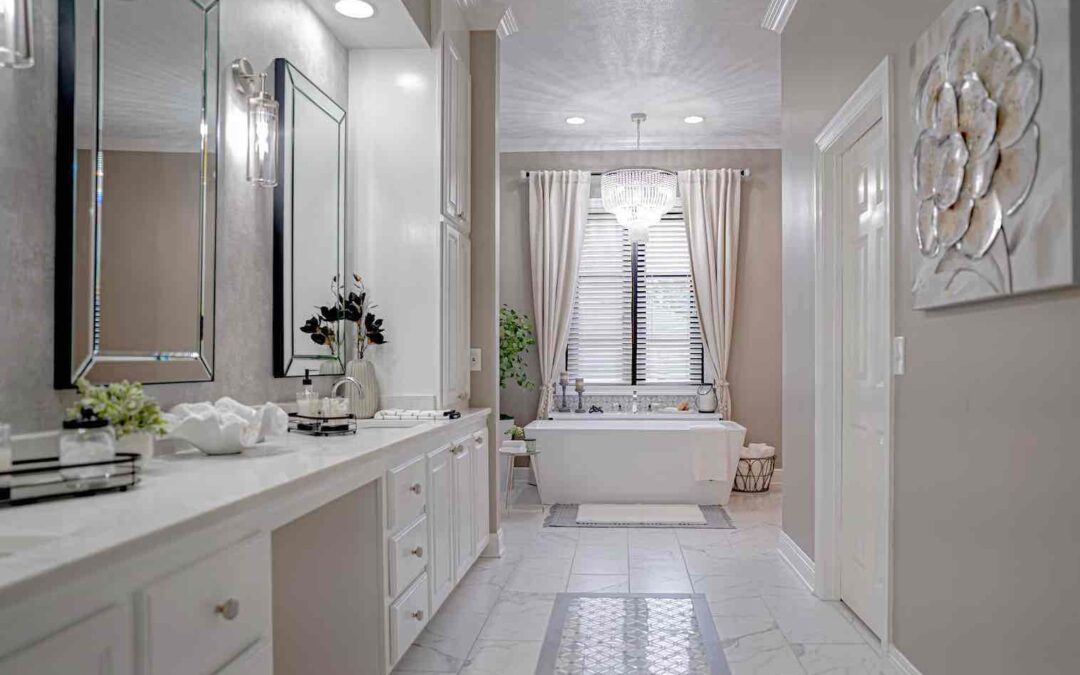Routine maintenance plays a crucial role in ensuring the longevity, efficiency, and reliability of your plumbing system. By scheduling regular inspections and maintenance, you can identify potential issues early on, prevent costly repairs, and maintain a healthy plumbing system in your home. In this blog, we will discuss how often you should schedule routine maintenance for your plumbing system and why it is essential for the overall health of your home.
- Annual Plumbing Inspections: It is recommended to schedule an annual plumbing inspection with a professional plumber. This comprehensive assessment allows the plumber to inspect all aspects of your plumbing system, including pipes, fixtures, water heaters, drains, and more. By conducting a thorough inspection, any potential issues can be identified and addressed before they turn into major problems.
- Seasonal Maintenance: In addition to an annual inspection, consider scheduling seasonal maintenance for your plumbing system. Certain tasks are best performed at specific times of the year to ensure optimal performance and prevent common issues associated with seasonal changes. Here are a few examples:
- Spring: Inspect outdoor faucets, irrigation systems, and gutters. Check for any signs of leaks or damage that may have occurred during winter.
- Summer: Pay attention to water conservation and inspect sprinkler systems for efficiency. Check for any signs of leaks or water waste.
- Fall: Prepare your plumbing system for colder temperatures by insulating pipes, disconnecting outdoor hoses, and checking the water heater’s functionality.
- Winter: Take measures to prevent frozen pipes and ensure proper insulation in areas susceptible to cold temperatures.
- Regular Drain Cleaning: To maintain healthy drainage and prevent clogs, consider scheduling regular drain cleaning. The frequency of drain cleaning depends on your household’s usage and the susceptibility of your plumbing system to clogs. For most homes, an annual or biannual drain cleaning service can help keep your drains clear and prevent backup issues.
- Water Heater Maintenance: Your water heater should also receive regular maintenance to ensure optimal performance and efficiency. It is recommended to schedule a professional inspection and maintenance for your water heater once a year. This includes checking the pressure relief valve, inspecting for leaks, flushing the tank to remove sediment buildup, and ensuring the heating elements are functioning correctly.
- Check for Signs of Plumbing Issues: Aside from routine scheduled maintenance, it is essential to be vigilant and proactive in identifying potential plumbing issues. Watch out for signs such as leaks, slow drains, water discoloration, low water pressure, unusual noises, or foul odors. If you notice any of these signs, it is advisable to schedule a professional assessment to address the issue promptly.
Conclusion
Routine maintenance is vital for keeping your plumbing system in excellent condition. While an annual plumbing inspection is generally recommended, it is important to consider additional maintenance tasks based on the specific needs of your home and the changing seasons. Regular drain cleaning, water heater maintenance, and staying vigilant for signs of plumbing issues are all crucial aspects of maintaining a healthy plumbing system.
By investing in routine maintenance, you can prevent costly repairs, extend the lifespan of your plumbing system, and ensure a reliable and efficient water supply throughout your home. Schedule your routine maintenance today and enjoy the peace of mind that comes with a well-maintained plumbing system.

